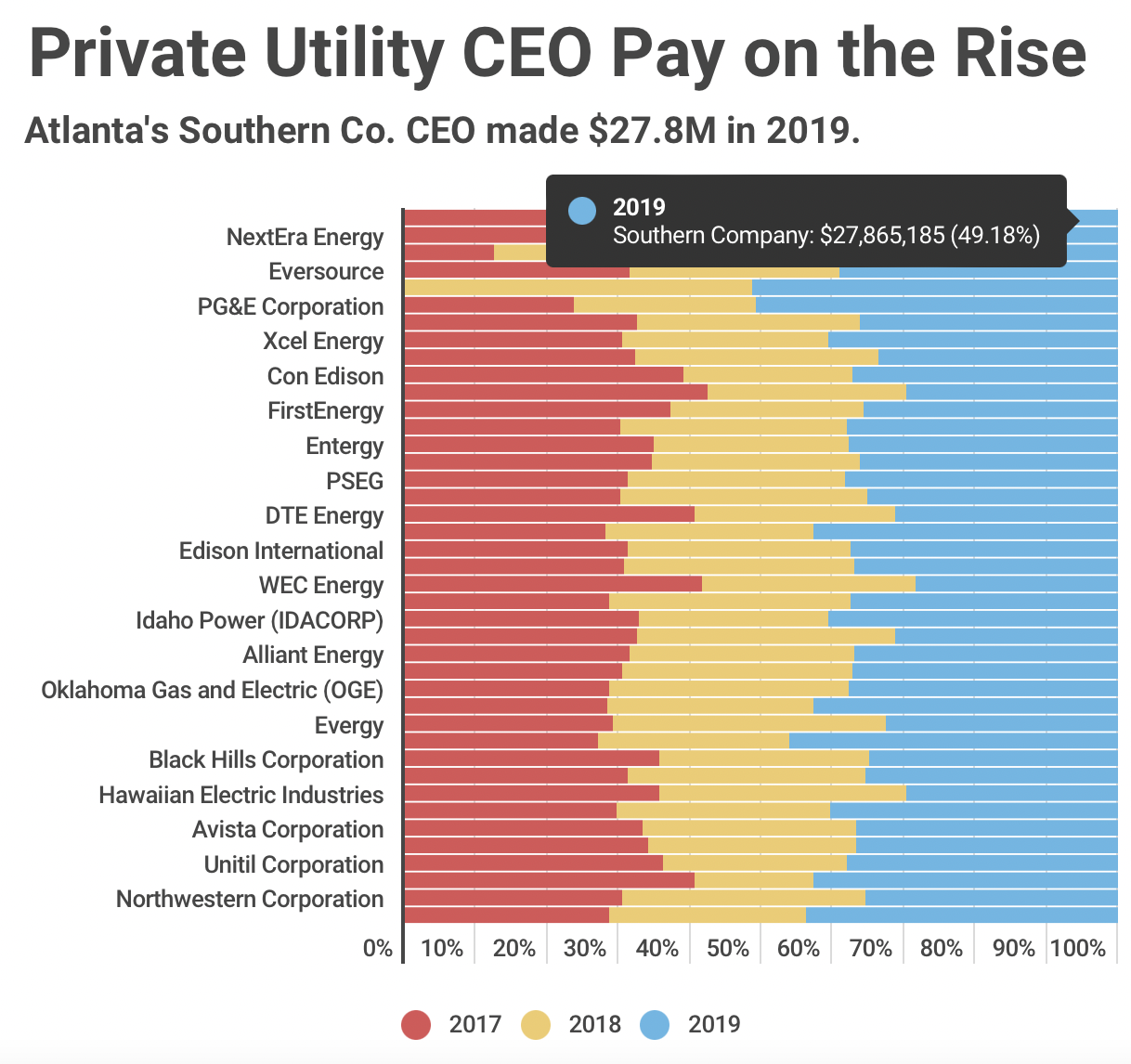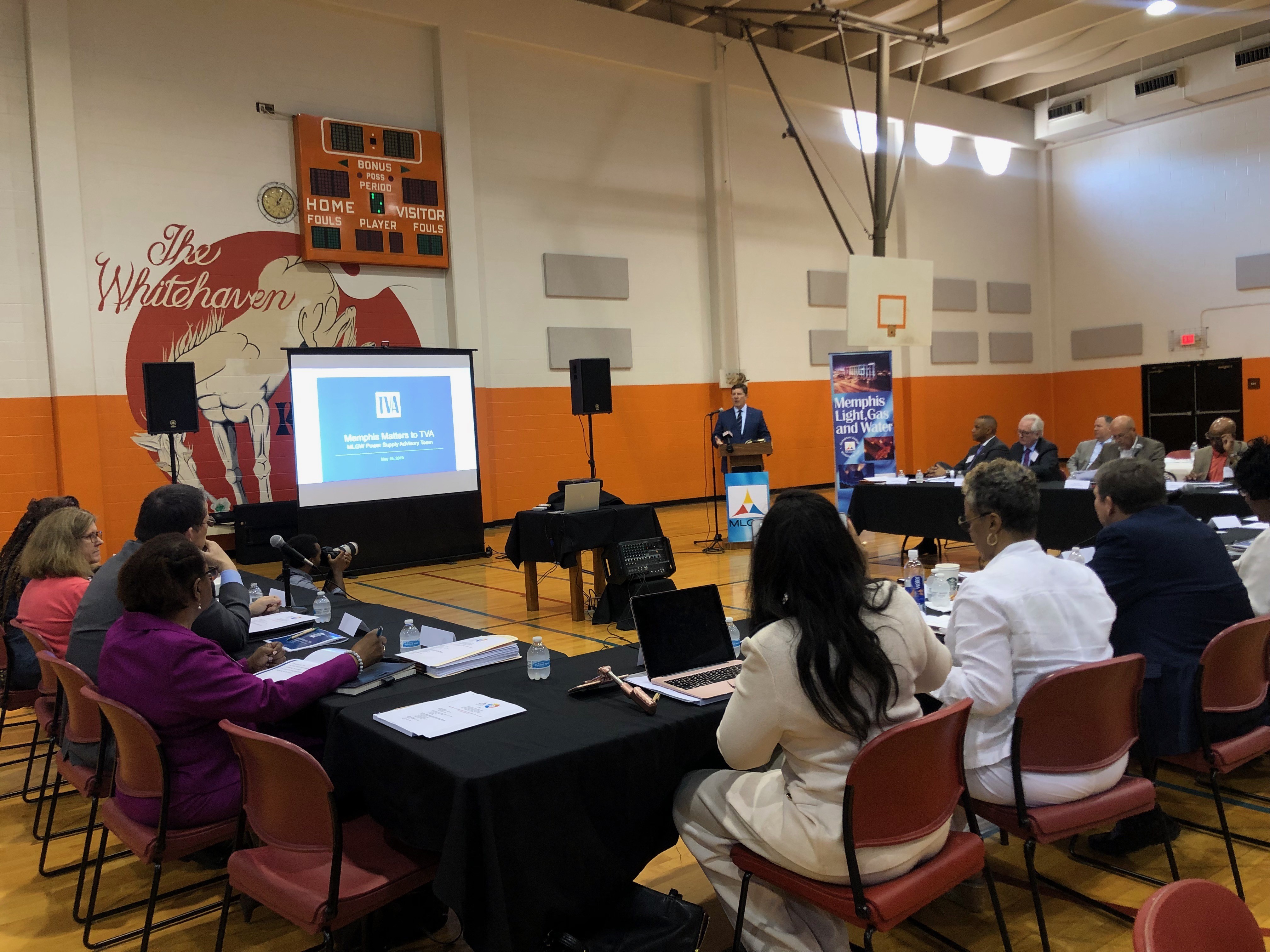A bipartisan bill filed Tuesday would require the Tennessee Valley Authority (TVA) to make salary information public for employees who make some of its largest paychecks.
U.S. Rep. Steve Cohen (D-Memphis) and U.S. Rep. Tim Burchett (R-Knoxville) introduced the measure that would make public salaries for TVA employees who make more than $109,908, or the maximum basic pay rate for many of the federal government’s top-level positions.
Lyash refused to give salary specifics last month in a hearing before a House committee. In it, Cohen said he has requested that salary information in the past and never received it. He wanted to know why.
Lyash said part of the TVA Act once required those salaries be listed in a report to Congress and the White House. However, that requirement was changed with a 1995 federal law and TVA was asked to stop filing the report. Now, Lyash said his agency is only required to give detailed salary information to the Securities and Exchange Commission (SEC).
“That’s not the people that created the TVA,” Cohen said. “That’s not what the TVA Act requires, and that’s just not right, Jeff. It’s not right. You’re part of the government. You’re created by the United States government. You’re part of it.
“Salary should be transparent. And when people are making over $1 billion, the public ought to know who they are and what they’re doing.”
With that, Cohen’s speaking time in the hearing had expired. However, his line of comment was picked up by U.S. Rep. Garrett Graves (R-South Louisiana).
“Your position is unsustainable, if you’re not going to give him the information he’s asking for” Graves said to Lyash. “You’re a government entity. You need to provide him the information.
“Just to give you a little counsel there, I’d strongly urge you to do it. Otherwise, you’re going to be compelled to do it and you can either cooperate or it’s going get a little ugly. I’d urge you to comply with his request.”
Burchett struck an optimistic note in a news release about the new TVA bill.
“I have seen the TVA improve its transparency in recent years, and I want to make sure that continues,” Burchett said in a news release. “This bill will help Congress keep TVA accountable for how it pays its employees, which is an important part of preserving its public trust.”
The new bill is not the first time the two Tennessee lawmakers worked together on pay at TVA. Last year, they introduced another bill that would likely lower the pay of TVA’s CEO, Jeff Lyash. The bill would have reduced his pay to a level comparable with those of CEOs at other public utilities.
Lyash is the highest-paid federal employee, making up to nearly $10 million annually after benefits and bonuses. In 2020, then-President Donald Trump called Lyash’s pay “ridiculous” and threatened (but failed) to cut that pay “by a lot.”


 Maya Smith
Maya Smith